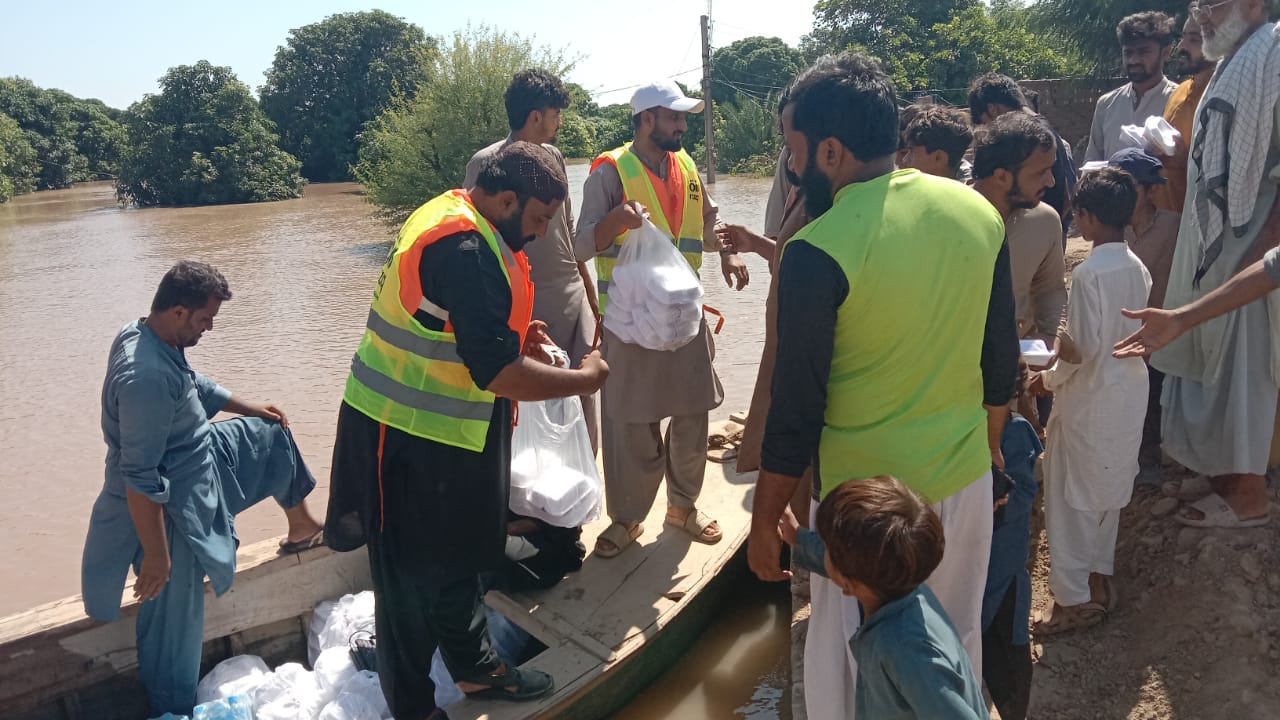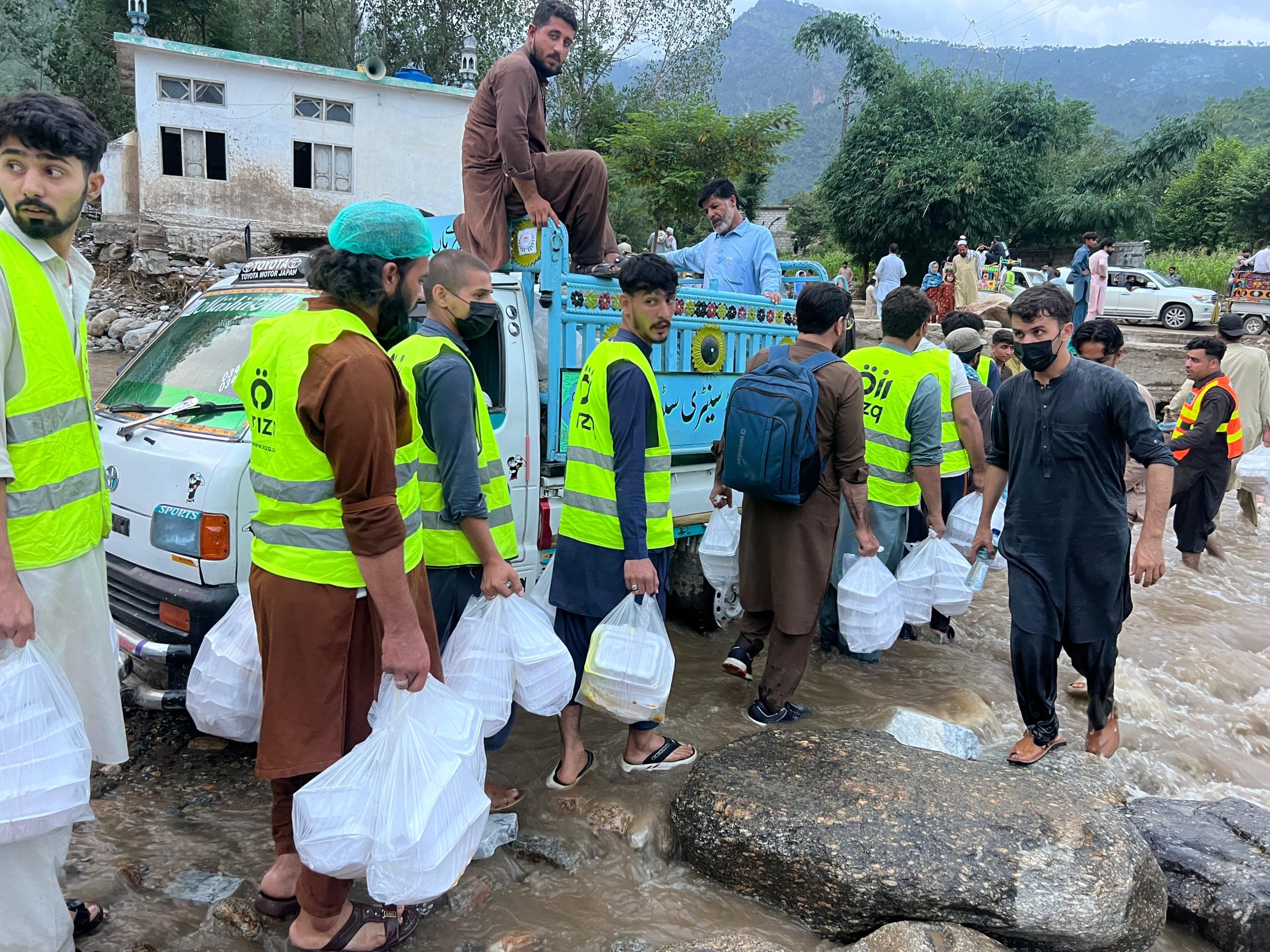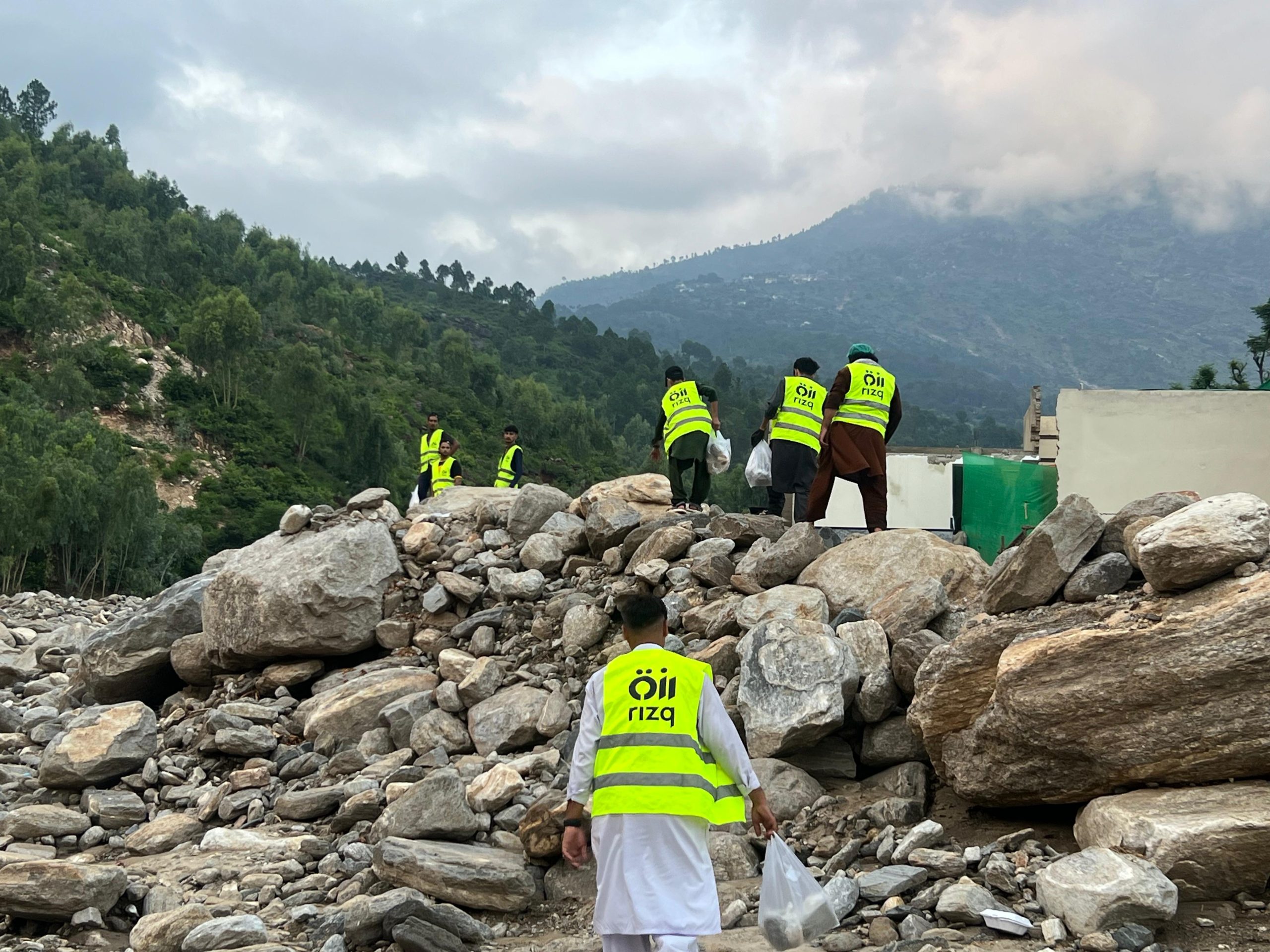How Rizq Mobilized a Nation: Fighting Hunger Amid the COVID-19 Crisis
When the COVID-19 pandemic struck Pakistan, it brought life to a standstill. Millions of families were suddenly without work, food, or access to basic necessities. Daily wage earners, ride-hailing drivers, delivery personnel, and small business owners bore the brunt of the lockdowns. But while the crisis laid bare the vulnerabilities in our systems, it also sparked a wave of community-driven resilience—and at the heart of that movement was Rizq.
Founded with a mission to end hunger and food waste, Rizq pivoted quickly and powerfully into emergency response mode. What began as a modest food security initiative rapidly evolved into one of Pakistan’s largest COVID-19 relief efforts. Operating across 23 cities, Rizq managed to distribute over 2.2 million meals and raised more than PKR 100 million in food and cash donations.
The scale was unprecedented. This was Rizq’s first experience with a national-level crisis, and it required a complete overhaul of their operations. The team built a verification and logistics system from the ground up, mobilized over 6,000 youth volunteers, and secured movement permits to safely operate during lockdowns. Through strategic partnerships with corporations like PepsiCo, Nestle, and Unilever, and digital platforms like Careem, Daraz, and Eat Mubarak, Rizq was able to scale its impact while staying grounded in accountability and safety.
Major campaigns like #EhsaasKaro and Stars Against Hunger became flagships of hope. The former reached 90,000 people with 15,000 ration packs, while the latter—led by tennis star Aisam-ul-Haq and supported by global celebrities—aimed to deliver 100,000 rations to 600,000 people. Other targeted campaigns supported restaurant workers, tourism guides in the north, and urban families hardest hit by the shutdown.
Rizq didn’t stop at distribution—they built infrastructure for sustainability. In partnership with the Punjab Government, they launched RizqXChange, a centralized food relief platform that streamlined donor coordination and aid delivery, setting a new standard for public-private collaboration.
Despite the challenges—supply chain disruptions, ration theft, mismanagement by third-party distributors, and the sheer pressure of scaling rapidly—Rizq remained grounded in transparency. Their data-driven approach included real-time dashboards, poverty scorecards, and rigorous reporting for donors and grant providers.
For its exceptional efforts, Rizq received the Commonwealth Points of Light Award from Queen Elizabeth II and public praise from the Governor of Punjab and education leaders. More than just a relief organization, Rizq became a symbol of what’s possible when communities, corporations, and youth unite for a cause larger than themselves.
Today, the legacy of Rizq’s COVID-19 relief work lives on in its programs and systems—now more robust, scalable, and ready for future challenges. As we look back, it’s clear that in Pakistan’s darkest hour, Rizq was a shining light—powered by people, driven by purpose.



